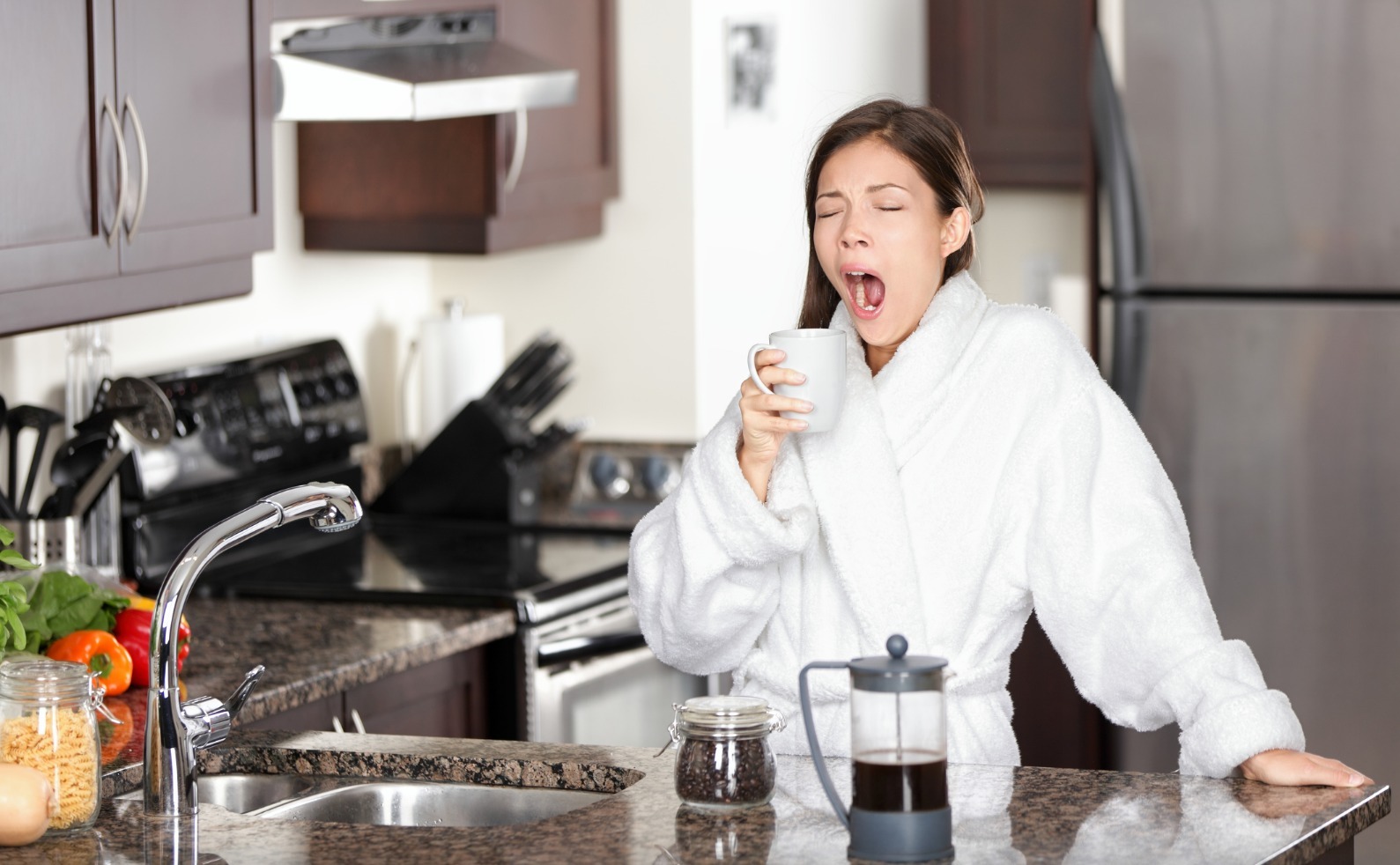Sleep is essential for good health, and that includes our sexual well-being. It’s very difficult to rally for sex when you can barely keep your eyes open.
Many of us know about the benefits of rest, yet an adequate night’s slumber often eludes us. Life events, work deadlines, family obligations, emotional concerns, hormonal shifts and certain medical conditions are just some of the reasons we tend to toss and turn. And let’s be honest – our phones and the temptation to check them round the clock aren’t doing us any favors.
If you suffer from insomnia (which is defined by the American Academy of Sleep Medicine as: difficulty falling asleep, difficulty staying asleep throughout the night or waking up too early in the morning), try the following tips:
- Keep a consistent sleep schedule. Get up at the same time every day, even on weekends or during vacations.
- Set a bedtime that is early enough for you to get at least 7 hours of sleep.
- Don’t go to bed unless you are sleepy.
- If you don’t fall asleep after 20 minutes, get out of bed.
- Establish a relaxing bedtime routine.
- Use your bed only for sleep and sex.
- Make your bedroom quiet and relaxing. Keep the room at a comfortable, cool temperature.
- Limit exposure to bright light in the evenings.
- Turn off electronic devices at least 30 minutes before bedtime.
- Don’t eat a large meal before bedtime. If you are hungry at night, eat a light, healthy snack.
- Exercise regularly and maintain a healthy diet.
- Avoid consuming caffeine in the late afternoon or evening.
- Avoid consuming alcohol before bedtime.
- Reduce your fluid intake before bedtime.
- The popularity of sleep apps is undeniable. While they can help identify issues or remind users to employ the tips above, many experts advise using caution. According to a recent New York Times article, “… some sleep specialists caution that these apps and devices may provide inaccurate data and can even exacerbate symptoms of insomnia. Fiddling with your phone in bed, after all, is bad sleep hygiene. And for some, worrying about sleep goals can make bedtime anxiety even worse” (NYT, June 13, 2019).
If these lifestyle changes don’t help to improve your sleep, talk to your doctor, who may prescribe a sleep study to determine next steps. Often these studies can be administered comfortably in the privacy of your own home. Finally, don’t make sleep a luxury – make it a priority. You’ll do wonders for your sex life and your general health!
If you’re experiencing menopausal symptoms, such as difficulty sleeping, contact our Certified Menopause Practitioners for a free phone consultation.

